What Does Trump’s Victory Mean for Iran?
Following Donald Trump’s recent election victory, Iran now faces the challenge of dealing with a president it has long regarded as a major adversary. Trump’s return to office raises significant concerns for Tehran, particularly given his history of hardline stances against the regime and previous actions that have strained U.S.-Iran relations.
Reports indicate that Iranian leadership, which allegedly backed Vice President Kamala Harris during the election, will now need to recalibrate its strategy as Trump assumes office once more. On the day of Trump’s victory announcement, Iran’s Islamic Revolutionary Guard Corps (IRGC) posted a video threatening retaliation against Trump for his role in the 2019 strike that killed General Qassem Soleimani, a key Iranian military leader. This long-standing call for retribution, combined with Trump’s presidency, is likely to intensify tensions between the two nations.
What Does TRUMP’S Victory Mean for WORLD Politics?
Economic Uncertainty
Trump’s presidency has previously resulted in tough economic measures against Iran. On the news of Trump’s win, Iran’s currency, the rial, plummeted to unprecedented lows, trading at 703,000 rials to the dollar before a slight rebound. Since Trump’s administration imposed heavy sanctions, Iran’s economy has suffered extensively, and further pressure could exacerbate its economic struggles. The rial’s current position, a stark contrast from 2015 levels when the Iran nuclear deal was still in effect, highlights the severity of these economic pressures.
Additionally, while U.S. sanctions have been less enforced in recent years, allowing Iran to export near-record levels of oil, the renewed “maximum pressure” approach anticipated under Trump may impact Iran’s oil revenues and further destabilize its economy.
The Nuclear Threat
Trump’s previous withdrawal from the Iran nuclear deal (JCPOA) in 2018 signaled the start of a hardline stance that included sanctions aimed at curbing Iran’s nuclear capabilities. With Trump back in office, experts believe Tehran may escalate its nuclear ambitions as a bargaining chip or even as a deterrent. Iran’s nuclear advancements pose challenges for international stability, especially if the “maximum pressure” strategy returns without avenues for negotiation. Iran’s response in this period could potentially intensify nuclear and regional security concerns.
Middle Eastern Dynamics
Iran’s involvement in regional conflicts, especially in Gaza and Lebanon, has been a point of contention. Trump’s close relationship with Israel during his previous term and his firm opposition to Iran’s support for regional proxies suggest potential escalations. While some analysts argue Trump may adopt a less interventionist stance than his predecessors, others believe his policies will continue to counter Iran’s influence in the region.
As for U.S.-Iran relations, Trump’s firm support for Israel over Iran aligns with his past policies. It contrasts with Biden’s approach, which focused on fostering a balance. Trump’s return may encourage Israel to take further steps to curb Iran’s influence, potentially escalating confrontations in the region.
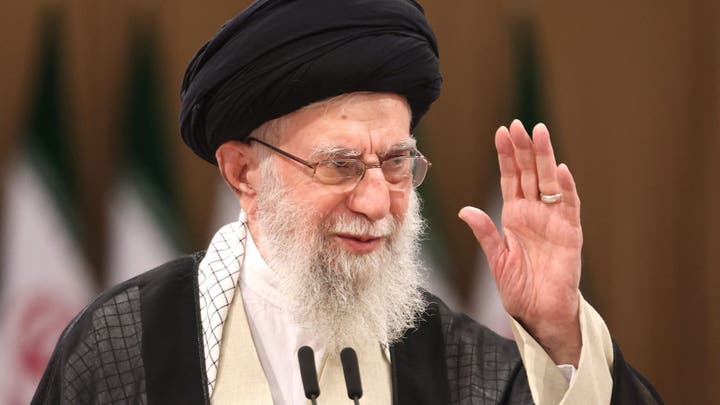
Iran’s supreme leader, Ayatollah Ali Khamenei, has led the yearslong campaign to assassinate Trump. (Atta Kenare/AFP via Getty Image)
Future Relations and Unpredictability
While many believe Trump will resume a tough stance, others argue his often unpredictable policies could bring new variables to U.S.-Iran relations. Former Israeli security adviser Chuck Freilich notes that Iran may act cautiously, uncertain of how far Trump might go in his foreign policy. The Republican Party’s recent shift towards isolationism may influence Trump’s approach, potentially reducing the likelihood of military interventions compared to Biden’s more consistent support of regional allies like Israel.
Iranian officials, however, downplay the impact of U.S. leadership changes, with government spokesperson Fatemeh Mohajerani stating that Iran’s policies won’t shift based on external changes. Yet, as Iran’s leadership adapts to this unexpected outcome, the geopolitical landscape is likely to experience new challenges and shifts.

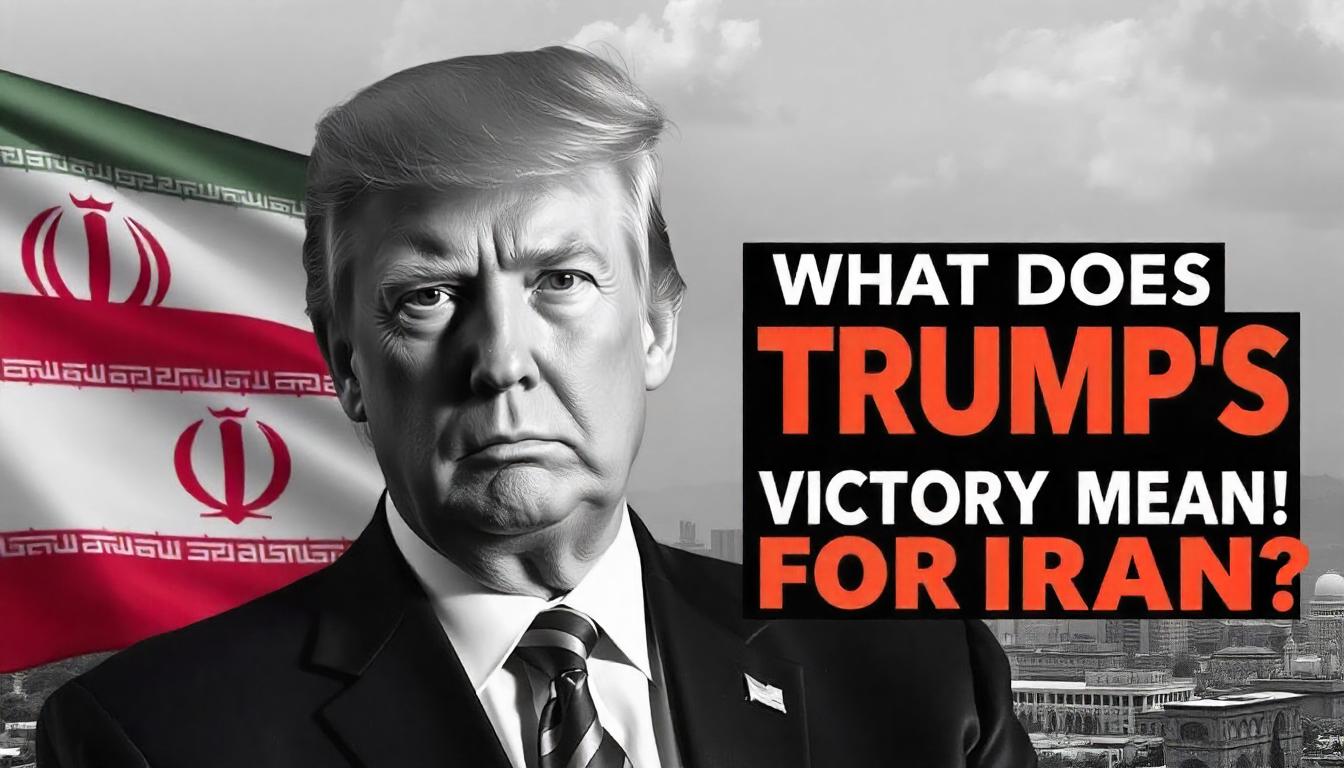
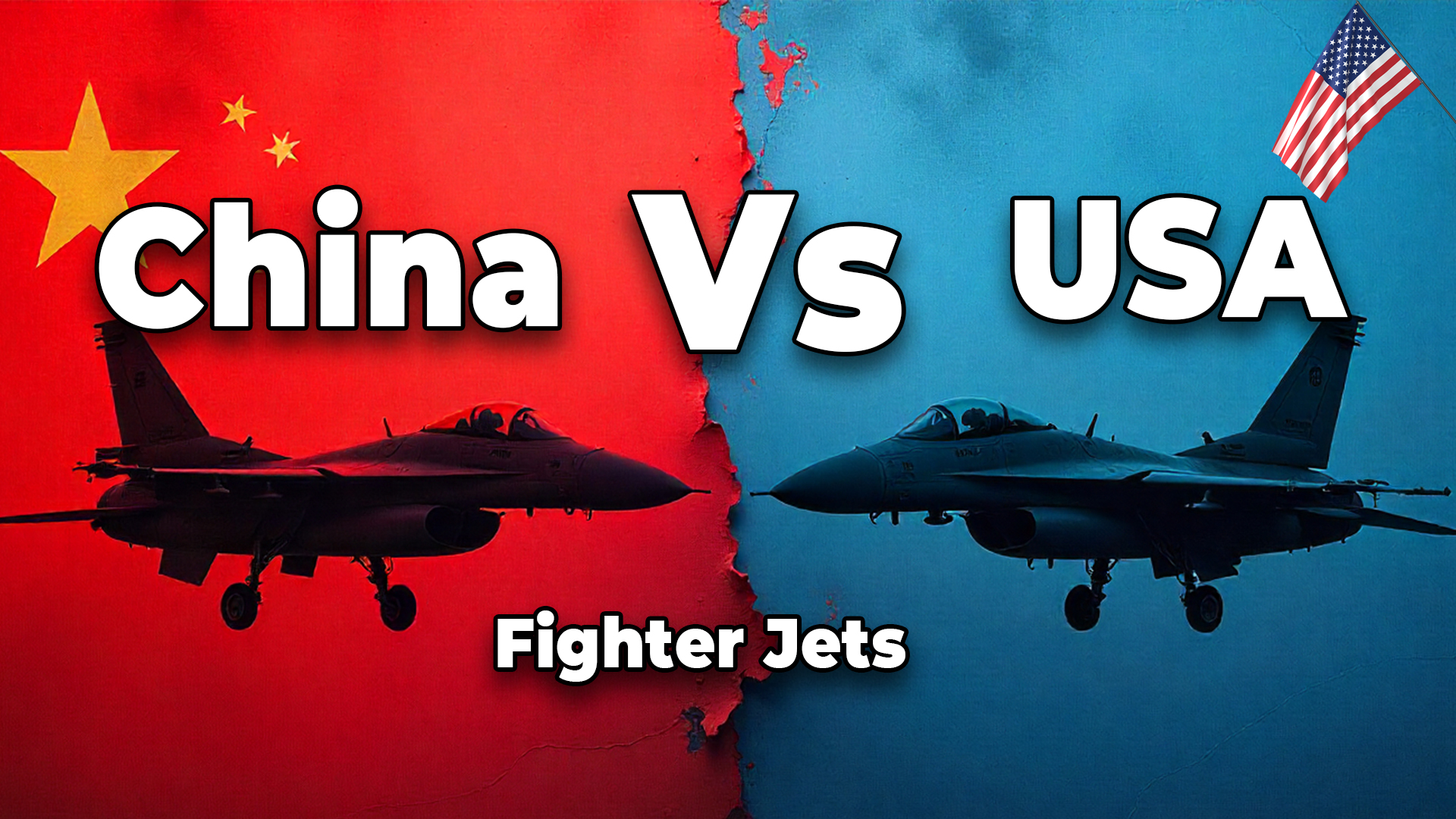

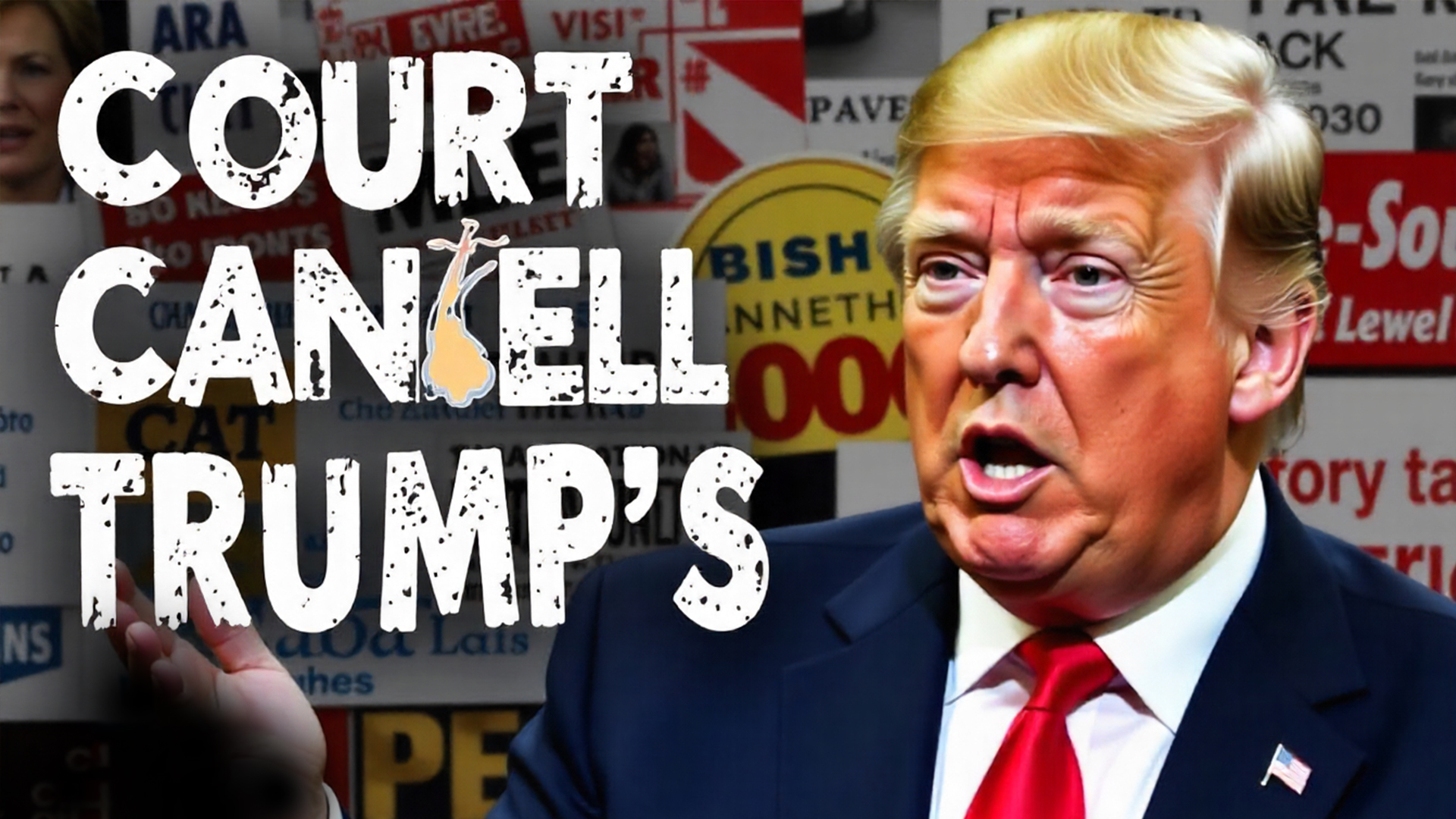
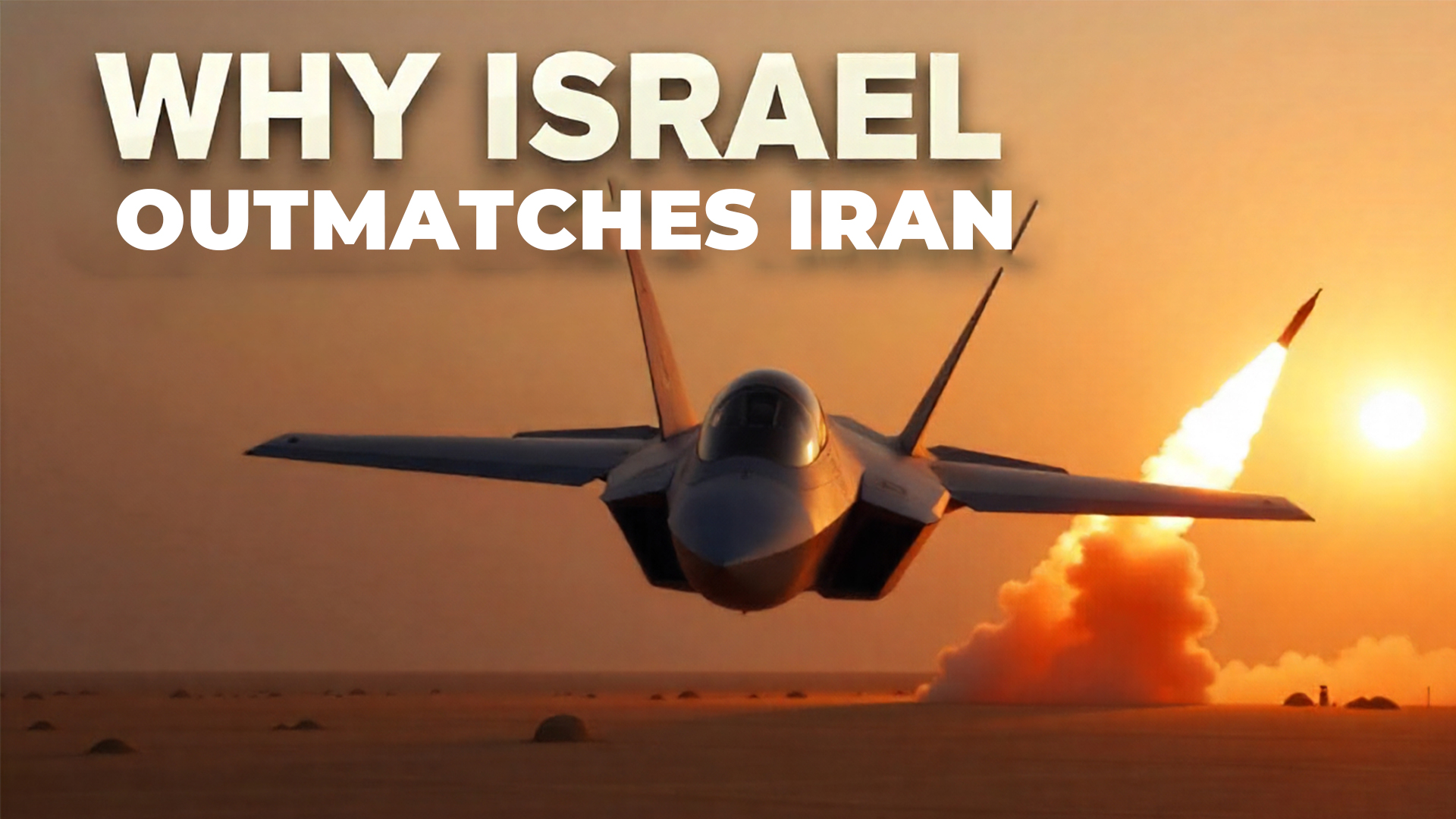
You completed certain good points there. I did a search on the theme and found mainly persons will consent with your blog.
hank you for your thoughtful comment! We’re glad to hear you found the points compelling and that others share similar views. Your feedback encourages us to continue providing insightful content. If there’s anything specific you’d like us to explore further, we’d love to hear your suggestions!
Fantastic items from you, man. I’ve take into account your stuff previous to and you are just extremely magnificent. I actually like what you’ve got here, certainly like what you are stating and the way in which during which you assert it. You are making it entertaining and you still care for to stay it smart. I can not wait to learn far more from you. That is actually a wonderful web site.
Wow, thank you so much for such an amazing comment! I’m truly humbled by your kind words and thrilled that you enjoy both the content and how it’s presented. It means a lot to know that the effort put into keeping it engaging and insightful is appreciated. Your support inspires me to keep delivering more. Thanks again, and I look forward to sharing more with you soon!
Hi, i think that i noticed you visited my site thus i got here to “go back the favor”.I am attempting to find things to improve my website!I assume its adequate to use a few of your concepts!!
Hi! Thank you for stopping by and for your kind words. I’m glad you found some inspiration here—feel free to use any ideas that resonate with you. Best of luck with improving your website, and don’t hesitate to reach out if you’d like to exchange thoughts or feedback!
Hello there, I found your site via Google while searching for a related topic, your website came up, it looks good. I have bookmarked it in my google bookmarks.
Hello! Thank you for finding us and for your kind feedback. I’m glad you like the site and truly appreciate you bookmarking it. I hope you continue to find valuable content here—thanks for stopping by!
Excellent post. I was checking constantly this blog and I’m impressed! Very useful info specially the last part 🙂 I care for such info much. I was seeking this particular information for a long time. Thank you and good luck.
Thank you so much for your kind words and for regularly checking the blog! I’m thrilled you found the information useful, especially the last part. Your support means a lot, and I’m glad I could provide what you were looking for. Wishing you the best of luck as well!
Sweet internet site, super design, very clean and utilise friendly.
Thank you so much for your lovely feedback! I’m glad you like the design and find it user-friendly. Your support means a lot!
Hello there, I found your web site via Google while searching for a related topic, your website came up, it looks good. I’ve bookmarked it in my google bookmarks.
Hello! Thank you for finding us and for your kind words. I’m glad you like the site, and I truly appreciate you bookmarking it. I hope you find more valuable content here in the future—feel free to visit anytime!
Wow! Thank you! I permanently wanted to write on my site something like that. Can I include a part of your post to my website?
I’m glad you found the content helpful! Yes, you’re welcome to use a part of my post on your website. Just let me know if you’d like any adjustments or if you’d like me to provide additional details for your specific needs.
Thank you for your sharing. I am worried that I lack creative ideas. It is your article that makes me full of hope. Thank you. But, I have a question, can you help me?
Its wonderful as your other articles : D, thanks for posting. “A lost battle is a battle one thinks one has lost.” by Ferdinand Foch.
This website is amazing, with a clean design and easy navigation.
This website is amazing, with a clean design and easy navigation.
I’m really impressed by the speed and responsiveness.
I love how user-friendly and intuitive everything feels.
Thank you so much! 😊 We put a lot of effort into making the experience smooth and enjoyable. Glad you liked it! 🚀
The layout is visually appealing and very functional.
Thank you! We put a lot of thought into making the layout both aesthetically pleasing and easy to navigate. Glad you like it! 😊
The design and usability are top-notch, making everything flow smoothly.
Thank you! We strive to create content that is both informative and engaging. Glad to hear you found it interesting! 😊📖
The content is engaging and well-structured, keeping visitors interested.
Thank you! We strive to create content that is both informative and engaging. Glad to hear you found it interesting! 😊📖
I’m really impressed by the speed and responsiveness.
Appreciate your kind words! We strive to balance design and usability to create the best experience for our visitors. 😊
This site truly stands out as a great example of quality web design and performance.
Appreciate your kind words! We strive to balance design and usability to create the best experience for our visitors. 😊
This website is amazing, with a clean design and easy navigation.
Thank you! I’m glad you’re enjoying the website. We’ve put a lot of effort into making it clean and user-friendly. Let us know if there’s anything we can improve! 😊
A perfect blend of aesthetics and functionality makes browsing a pleasure.
Appreciate your kind words! We strive to balance design and usability to create the best experience for our visitors. 😊
The layout is visually appealing and very functional.
Thank you! We put a lot of thought into making the layout both aesthetically pleasing and easy to navigate. Glad you like it! 😊
It provides an excellent user experience from start to finish.
Thank you so much! 😊 We put a lot of effort into making the experience smooth and enjoyable. Glad you liked it! 🚀
It provides an excellent user experience from start to finish.
Thank you! We’re glad you enjoyed the experience. Our goal is to make everything seamless and enjoyable for our visitors! 😊
The content is well-organized and highly informative.
Thank you! We strive to create content that is both informative and engaging. Glad to hear you found it interesting! 😊📖
The content is well-organized and highly informative.
Thank you! We strive to create content that is both informative and engaging. Glad to hear you found it interesting! 😊📖
The content is well-organized and highly informative.
Thank you! We strive to create content that is both informative and engaging. Glad to hear you found it interesting! 😊📖
It provides an excellent user experience from start to finish.
Thank you! I’m glad you enjoyed the design and usability. We strive to make everything as seamless as possible for our readers. Appreciate your feedback! 😊
This site truly stands out as a great example of quality web design and performance.
Thank you so much! We put a lot of effort into making the site both visually appealing and high-performing. Glad you enjoyed it! 😊🚀
A perfect blend of aesthetics and functionality makes browsing a pleasure.
Appreciate your kind words! We strive to balance design and usability to create the best experience for our visitors. 😊
The content is engaging and well-structured, keeping visitors interested.
Thank you! We strive to create content that is both informative and engaging. Glad to hear you found it interesting! 😊📖
This site truly stands out as a great example of quality web design and performance.
Thank you so much! We put a lot of effort into making the site both visually appealing and high-performing. Glad you enjoyed it! 😊🚀
The layout is visually appealing and very functional.
Thank you! We put a lot of thought into making the layout both aesthetically pleasing and easy to navigate. Glad you like it! 😊
The design and usability are top-notch, making everything flow smoothly.
Thank you so much! We put a lot of effort into making the site both visually appealing and high-performing. Glad you enjoyed it! 😊🚀
The layout is visually appealing and very functional.
Thank you! We put a lot of thought into making the layout both aesthetically pleasing and easy to navigate. Glad you like it! 😊
The layout is visually appealing and very functional.
Thank you! We put a lot of thought into making the layout both aesthetically pleasing and easy to navigate. Glad you like it! 😊
The content is engaging and well-structured, keeping visitors interested.
Thank you! We strive to create content that is both informative and engaging. Glad to hear you found it interesting! 😊📖
This website is amazing, with a clean design and easy navigation.
Thank you so much! 😊 We put a lot of effort into making the experience smooth and enjoyable. Glad you liked it! 🚀
The content is engaging and well-structured, keeping visitors interested.
Thank you! We strive to create content that is both informative and engaging. Glad to hear you found it interesting! 😊📖
I’m really impressed by the speed and responsiveness.
Thank you! 🚀 We strive to keep everything fast and seamless. Glad you noticed! Let us know if you have any feedback. 😊
The design and usability are top-notch, making everything flow smoothly.
Thank you! I’m glad you enjoyed the design and usability. We strive to make everything as seamless as possible for our readers. Appreciate your feedback! 😊
It provides an excellent user experience from start to finish.
The content is engaging and well-structured, keeping visitors interested.
The design and usability are top-notch, making everything flow smoothly.
I love how user-friendly and intuitive everything feels.
I love how user-friendly and intuitive everything feels.
The content is well-organized and highly informative.
It provides an excellent user experience from start to finish.
This website is amazing, with a clean design and easy navigation.
I’m really impressed by the speed and responsiveness.
This site truly stands out as a great example of quality web design and performance.
This site truly stands out as a great example of quality web design and performance.
Thank you. I appreciate your kind words
A perfect blend of aesthetics and functionality makes browsing a pleasure.
Thank you. I appreciate your kind words
The layout is visually appealing and very functional.
Thank you. I appreciate your kind words
The layout is visually appealing and very functional.
Thank you. I appreciate your kind words
I’m really impressed by the speed and responsiveness.
Thank you. I appreciate your kind words
I’m really impressed by the speed and responsiveness.
Thank you. I appreciate your kind words
I love how user-friendly and intuitive everything feels.
Thank you. I appreciate your kind words
The content is well-organized and highly informative.
Thank you. I appreciate your kind words
The content is well-organized and highly informative.
Thank you. I appreciate your kind words
The content is engaging and well-structured, keeping visitors interested.
Thank you. I appreciate your kind words
Thank you. I appreciate your kind words
The content is engaging and well-structured, keeping visitors interested.
The design and usability are top-notch, making everything flow smoothly.
Thank you. I appreciate your kind words
Your article helped me a lot, is there any more related content? Thanks!
The design and usability are top-notch, making everything flow smoothly.
Thank you. I appreciate your kind words
The layout is visually appealing and very functional.
Thank you. I appreciate your kind words
The content is well-organized and highly informative.
Thank you. I appreciate your kind words
It provides an excellent user experience from start to finish.
Thank you. I appreciate your kind words
This site truly stands out as a great example of quality web design and performance.
Thank you. I appreciate your kind words
The content is well-organized and highly informative.
Thank you. I appreciate your kind words
I love how user-friendly and intuitive everything feels.
Thank you. I appreciate your kind words
I love how user-friendly and intuitive everything feels.
Thank you. I appreciate your kind words
The design and usability are top-notch, making everything flow smoothly.
Thank you. I appreciate your kind words
This site truly stands out as a great example of quality web design and performance.
Thank you
The content is engaging and well-structured, keeping visitors interested.
Thank you
Thanks for sharing. I read many of your blog posts, cool, your blog is very good.
Thank you